Partial Carbon Fiber Matte Finish 1992-1997 Mazda RX7 FD3S Mazdaspeed Style Rear Spoiler For RX7 FD3S
- PortShanghai/Ningbo
- Payment TermsWestern Union,T/T,MoneyGram,paypal
- Supply Ability50 Piece/Pieces per Month
- Condition100% New
- Warranty3 Months
- Place of OriginZhejiang China
- Product NumberYCMD044MPCF
- SizeStandard Size
- Car FitmentMazda
- ColorBlack
- OE NO.Unknown
- Service24 Hour Customer Service
- MaterialPartial Carbon Fiber Matte Finish
- Brand NameYachant
- Year1992-1997
- Advantage10 Years Experience
- ModelRX7 FD3S
- FitmentExcellent
- Packaging DetailFoam and bubble wrapping, cupboard box carton
Detailed drawing:
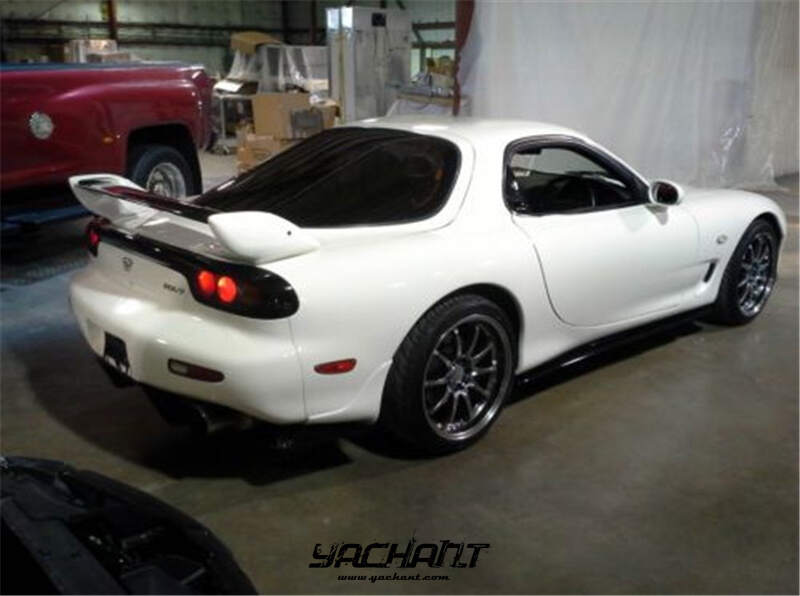
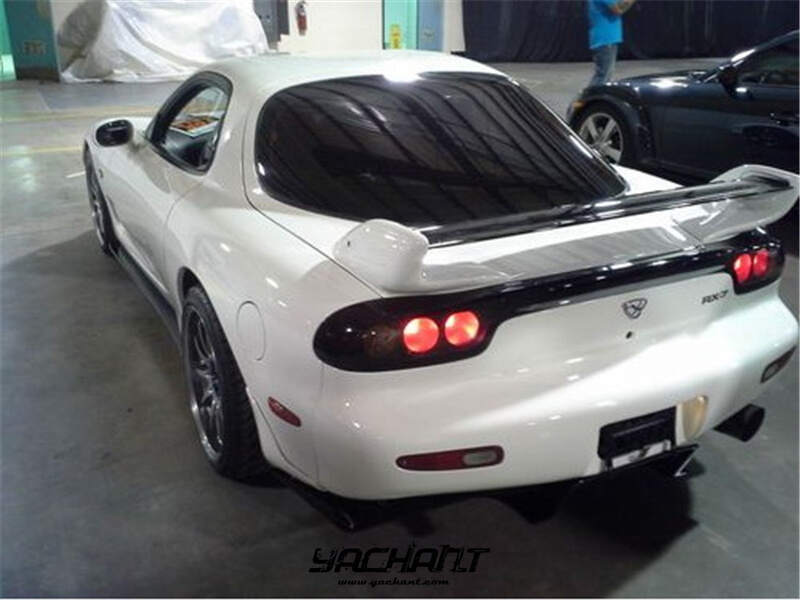
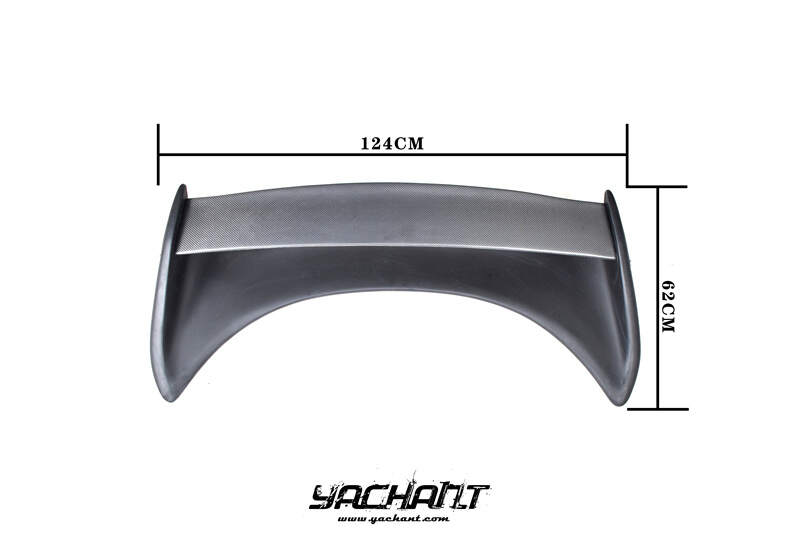
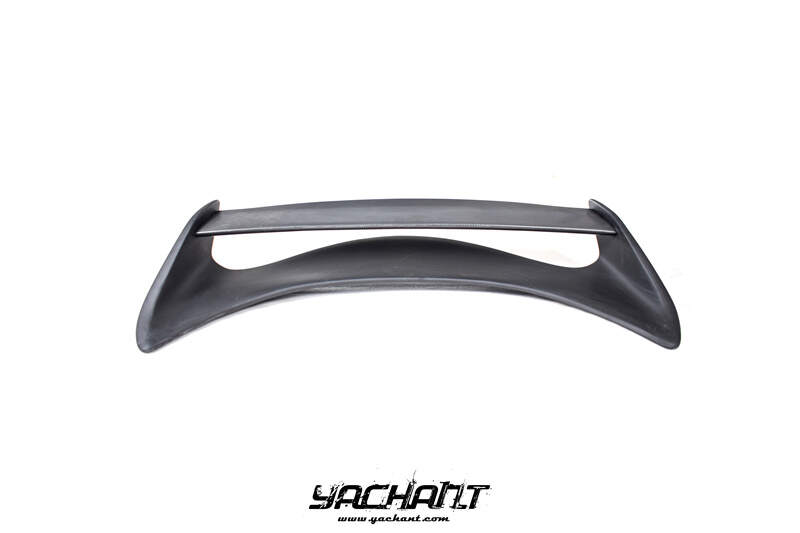
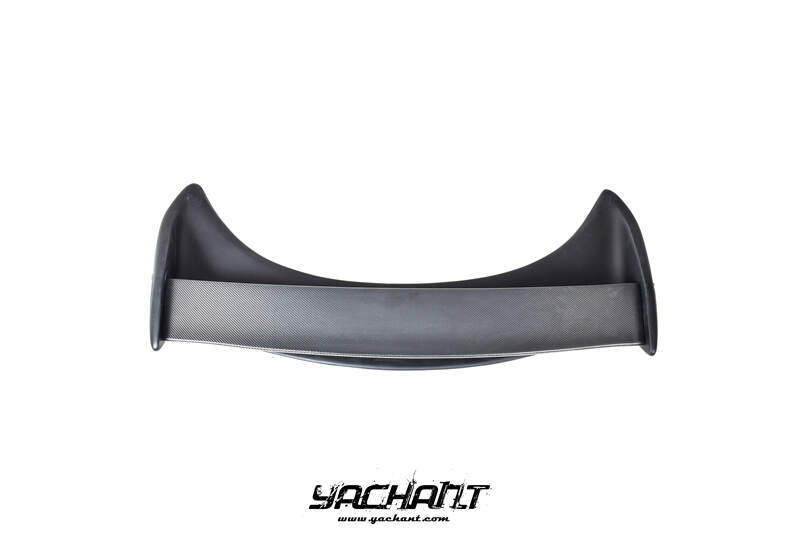
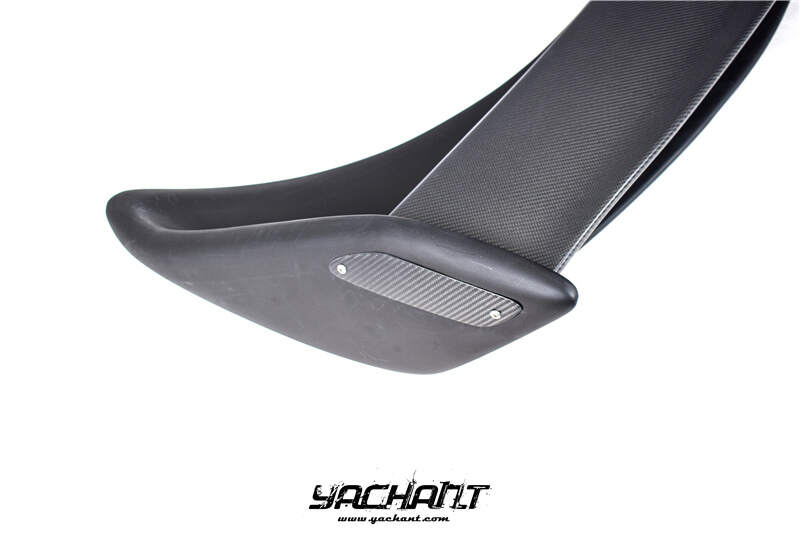
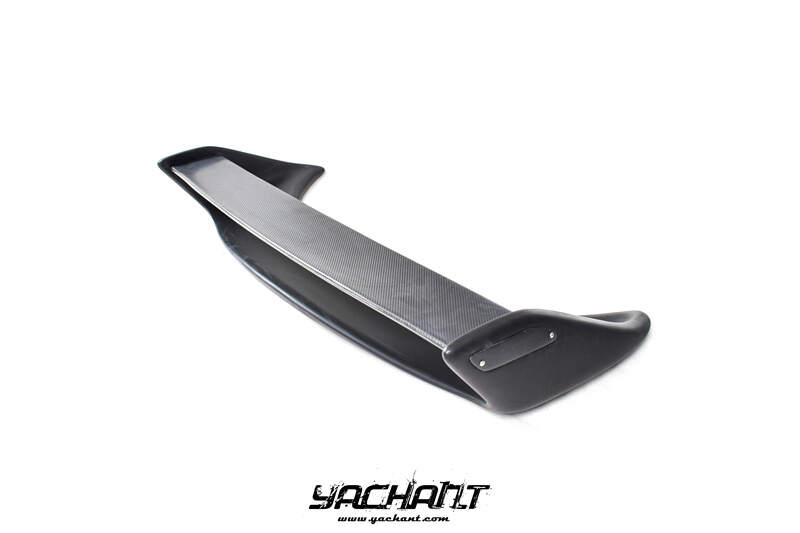
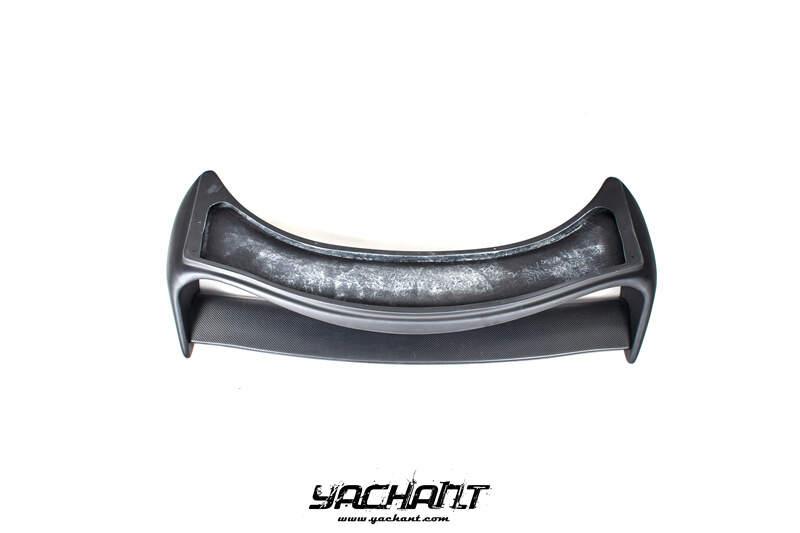
FEATURE:
High Quality Carbon Material
Light Weight
Perfect Fitment
Better Looking
Very easy to install, recommend install on body street shop

Company Profile
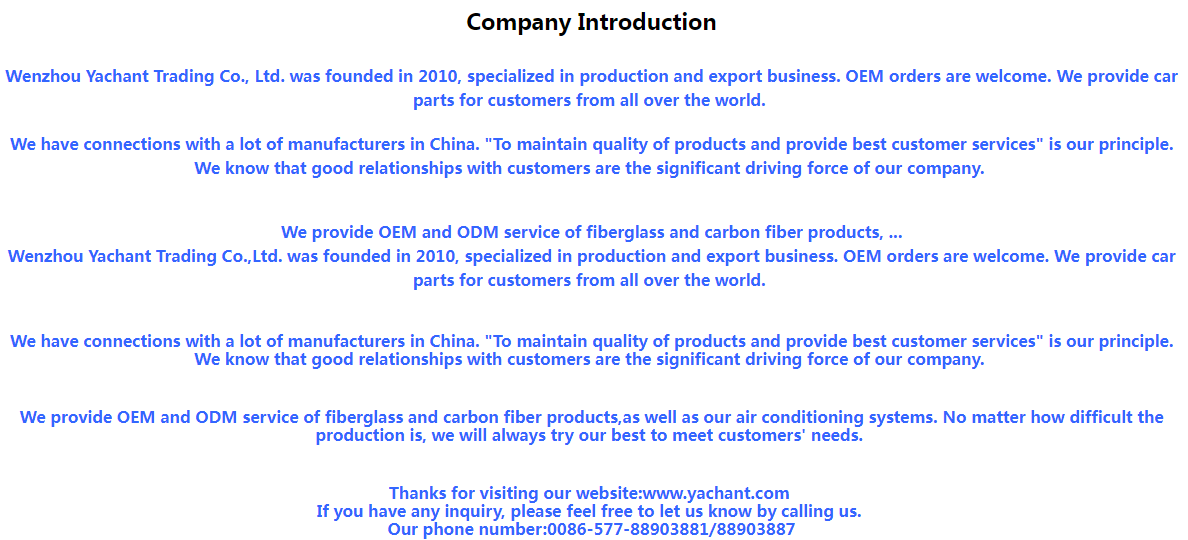 Payment method
Payment method 
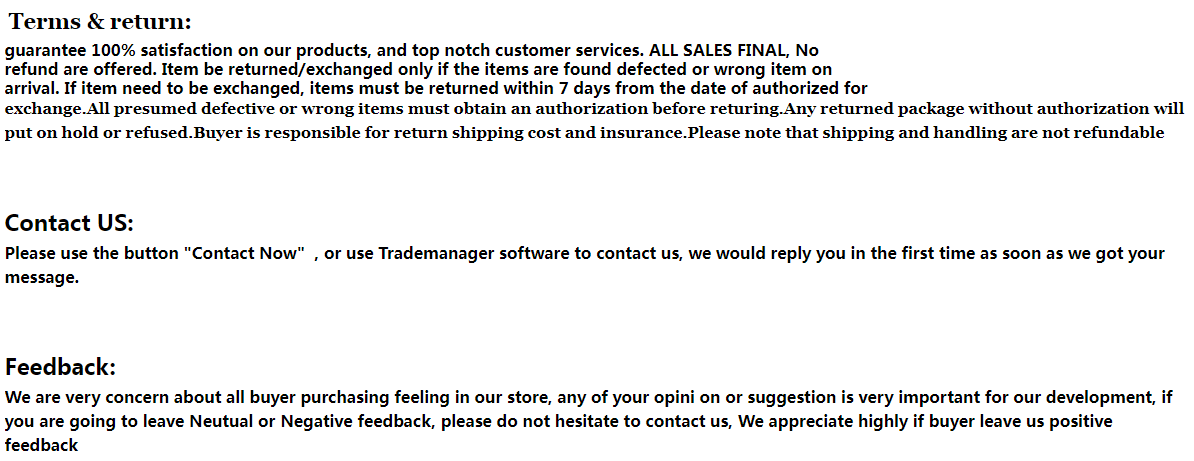
Evolution history of Mazda RX-7
In March 1978, the first generation (SA22C) of the Mazda RX-7 was born, also known as the Savanna RX-7. The predecessor of the Savannah RX-7, the Savannah GT (RX-3), is equipped with a 12A dual rotor engine with 130ps horsepower. The front suspension adopts a MacPherson, while the rear suspension adopts a four link independent suspension. The front and rear weight of the body reaches 50.7:49.3. In the mid-term modification of 1982, a turbocharged rotor engine was added, with a rated horsepower of 165ps.
2nd generation (1985-1991) In 1985, the 2nd generation Savanna RX-7 (FC3S) was born
Compared to the first generation RX-7, it adds a sense of thickness in terms of appearance.
The height and width of the vehicle body have increased, and in terms of power, the engine has evolved from the original 12A model to the 13B model, with a displacement of 654cc × The 13B twin rotor engine of the 2 is equipped with a sequential twin turbocharger with an air cooler. The actual horsepower on the wheels is 185Ps, and the front to rear weight ratio of the vehicle is 50.5:49.5. The front suspension still adopts McPherson suspension, while the rear suspension has evolved from the original four link type to an independent multi link suspension with DTSS rear wheel steering system. In August 1987, Cabriolet launched the 20th anniversary of mass production convertible model, realizing three forms of full open, no roof and closed.
The 3rd generation (1991-2003) FD RX-7 began selling in October 1991, and the name Savannah was later replaced by the Infini. One of the features of the Infini RX-7 is that it was the first model in the RX-7 series to use a No. 3 dedicated body. Compared to the 2nd generation FC, the length, wheelbase, and height of the car have been reduced, but the body is even wider. In terms of power, it adopts a sequential dual turbocharging device combined with a high-speed EGI system, which is 50Ps higher than the previous generation, Reached a power output of 255 Ps.
In 1993, the power was increased to 280Ps through tuning, and all four wheels were equipped with independent suspension with double wishbones. The four-wheel Dynamic geometry control method was used to provide natural handling for the vehicle. In August 1993, the mid-term facelift derived the Type R model, while the Type S and Type X were set as 4-speed automatic special vehicle models. In 1996, the mid-term facelift increased the engine horsepower to 265Ps, and in 1999, a major facelift that could almost be called a facelift was made, Through efficient tuning of turbocharging devices, the horsepower was increased to 280Ps. In August 2002, the legendary rotor sports car RX-7, which had been sold for 24 consecutive years, officially ceased production and thus faded out of the historical stage.